Whisky aka Scotch is the unquestioned king of the Scottish drinks and distilling industry, reigning supreme over all others. Yet in recent years it is gin, that has risen to over take both whisky and vodka as the favorite tipple across the UK. Last year gin sales rose to a record £1.5 billion or about 55 million bottles - the UK's entire population is about 60 million. Scotland already produces some of the world's best known gins, including Gordon's, Tanqueray, and Hendricks. Today however, there are more than 150 Scottish gins and Scotland produces 70% of all the gin consumed in the UK.
It's this new thirst for gin that's led to an explosion of artisan or craft gins all across Scotland. In every region of the country gin makers, large and small, are using Scotland's vast array of natural botanicals to create a seemingly endless variety of gin expressions. These botanicals are as iconic as Scottish heather and as unexpected as hand harvested sugar kelp (seaweed.) Other makers are turning to unique ingredients beyond botanicals. For example, the House of Elrick uses fresh water from Loch Ness to make their gin (supplied by another new upstart company, Loch Ness Water, profiled in an earlier episode of this podcast.) Edin Mill. whose distillery is barely a 3-par from the famed golf course of St. Andrews, is crafting a gin flavored in part with hickory shavings, the wood used in vintage golf clubs. Cask aged gins, like Firkin Gin (also profiled in an earlier episode), making use of ex-whisky casks and calling on Scotland's rich distilling history, are another example of the level of creativity that has flavored Scotland's gin industry.
A few of Scotland's unique gins, clockwise from top left: Strathearn Heather Rose Gin, as the name implies, uses Scottish Heather among its botanicals; Isle of Harris uses hand harvested sugar kelp (seaweed); House of Elrick is crafted with water from Loch Ness; Edin Mill's Golf expression utilizes hickory chips; Firkin helped introduce whisky cask aged gins; Hendrick's, known for its cucumber influence was introduced in 1999.
Previously, if asked to identify the most significant recent development in Scotland's gin industry, many pointed to the release of cucumber infused Hendricks Gin in 1999, but the explosion in craft gins since 20-teens is unprecedented. In 2014, when there were about two dozen craft gins in Scotland, the Wine and Spirit Trade Association embraced gin by creating Scotland's very own Gin Trail. With 17 stopping points from the Central Belt to Shetland the trail was meant to tie tourism to the gin experience. And why not, no less a then emerging tourist attraction than The North Coast 500 includes Dunnet Bay Distillery, producers of the aromatic Rock Rose Gin.
Just as this podcast was being produced (July 2018) one of Scotland's newest gins, from one of Scotland's newest distilleries, GlenWyvis Goodwill gin was released, now being produced in it's own still named "Heather." (For more on the unique community owned GlenWyvis distillery in Dingwall please enjoy our earlier podcast episode.)
Today, thanks to the Scottish Gin Society, a new social organization that allows gin fans and gin makers to freely mingle, tourist can go a step further with their map of Scottish gin distilleries and their A to Z(ed) guide to Scottish gins. The Society was founded about two years ago by Glasgow businessman and gin enthusiast Stephen White.
The society's Brand Ambassador, Allison Higgins says its not a far stretch to imagine that there could come a day when Scotland could be best known for gin, not Scotch. She points to the demographics of 18-24 and 25 to 34 year olds who are coming of age and establishing their social and drinking habits in this age of gin resurgence noting that they will be drinking gin for generations to come. So while whisky remains king of the Scottish drinks industry, gin is now unquestionably the crown prince and first in line of succession to the crown.
(For more on Scotland Food & Drink, please enjoy any of the earlier episodes below.)




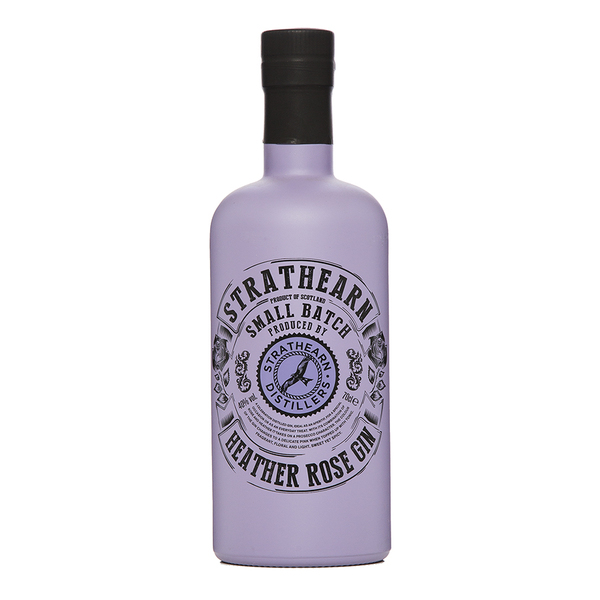
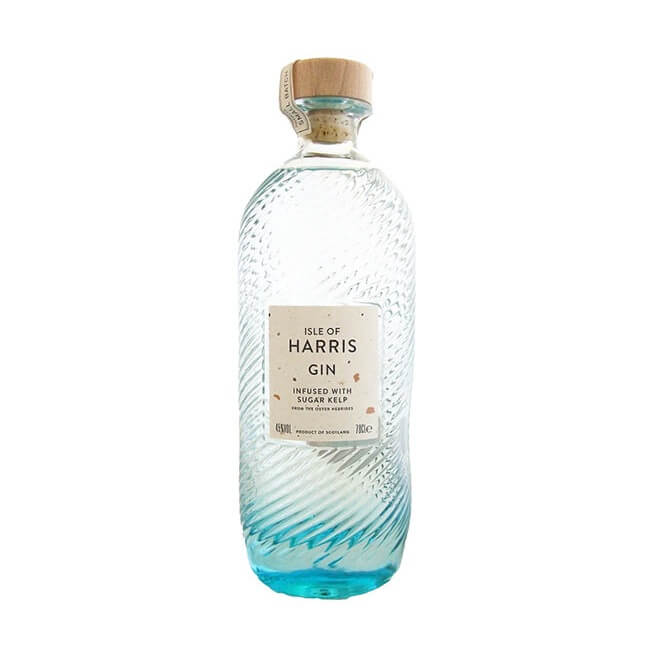
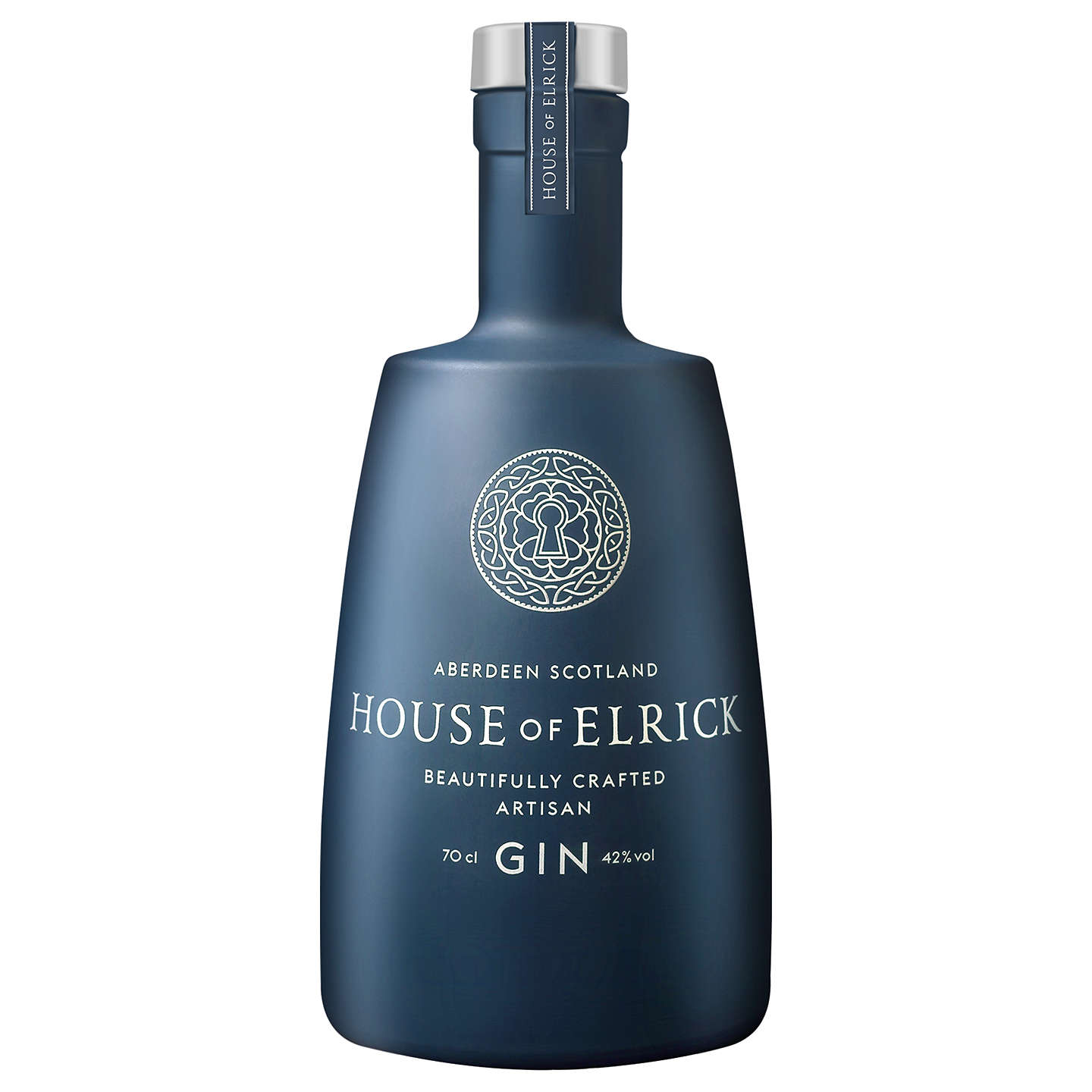

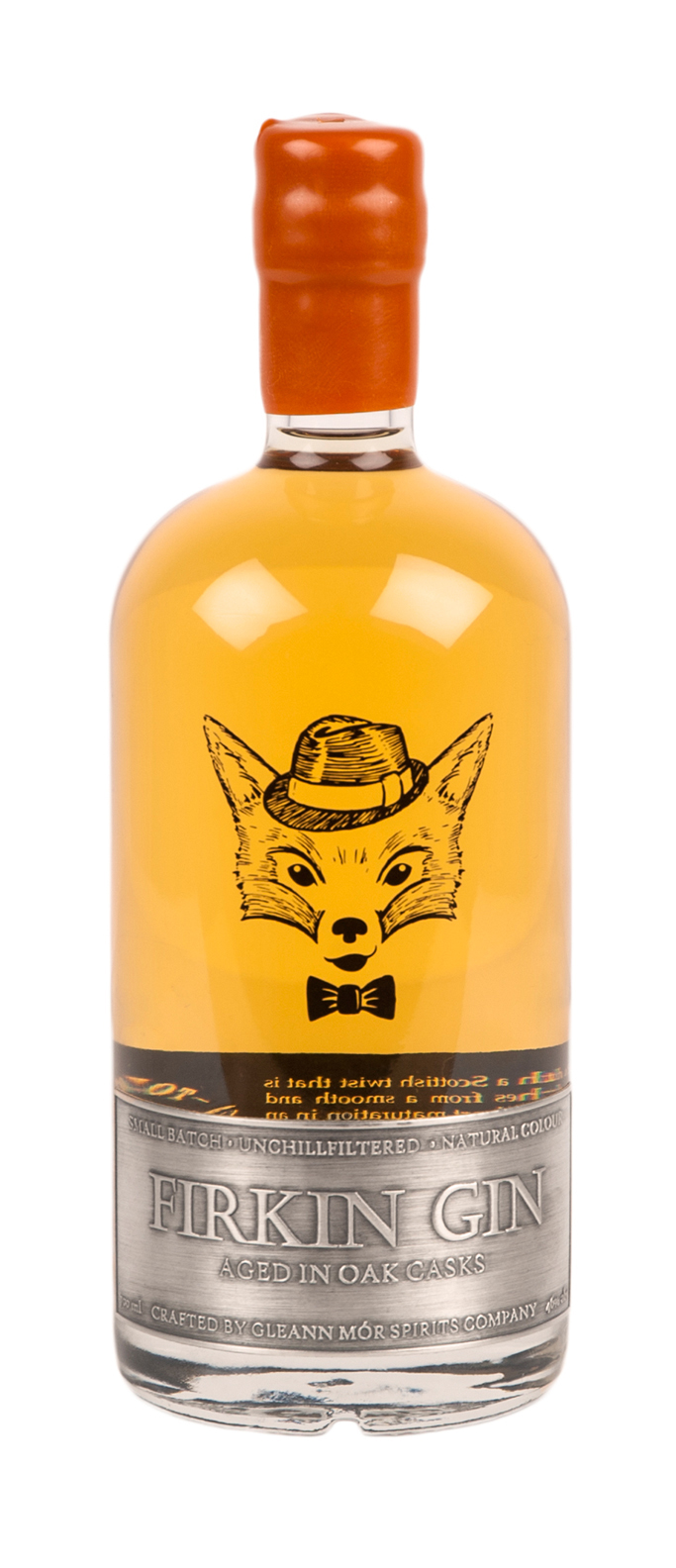
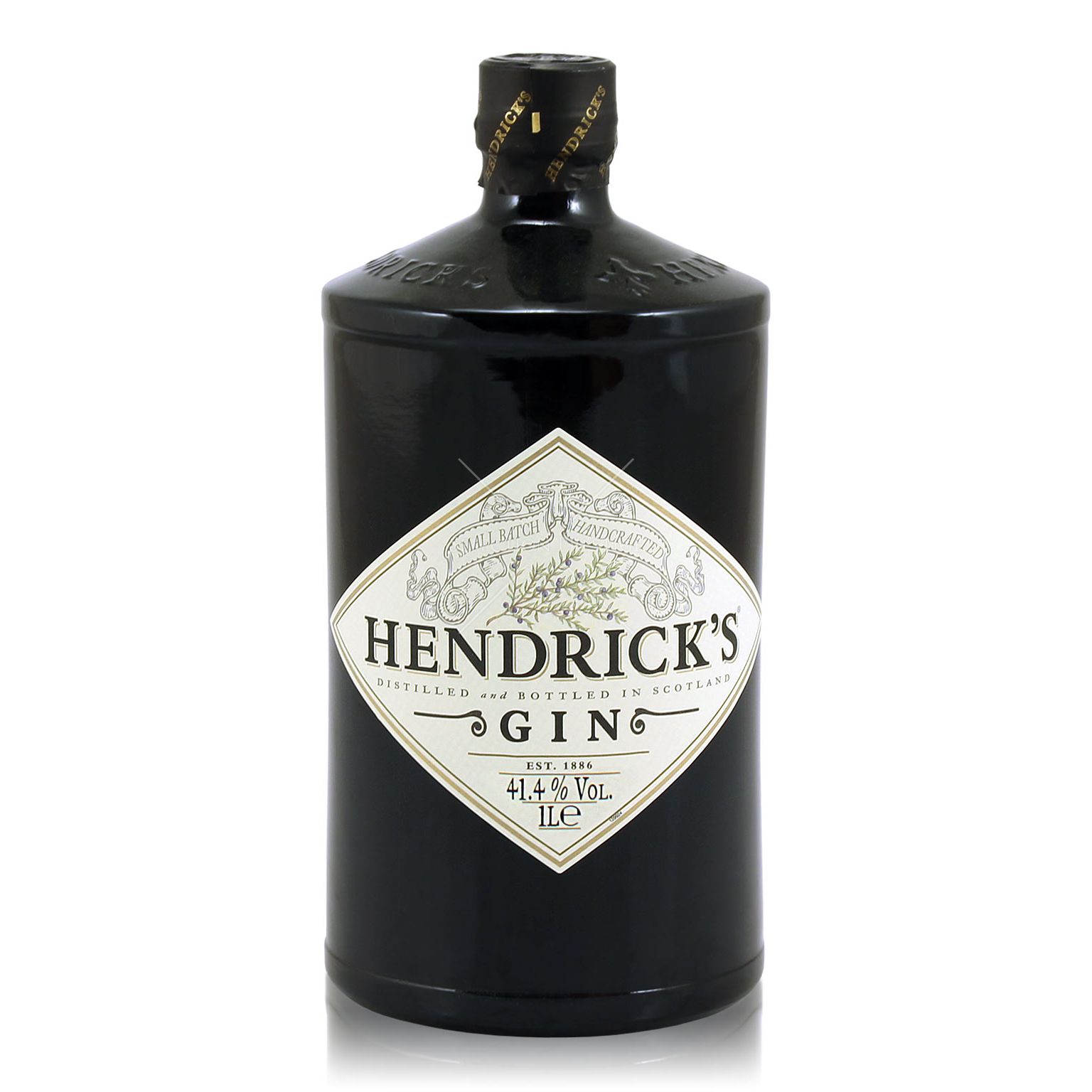
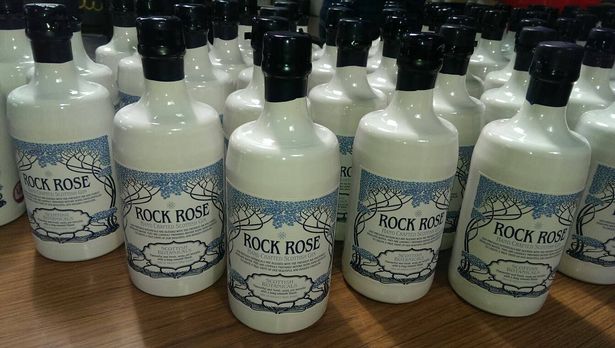
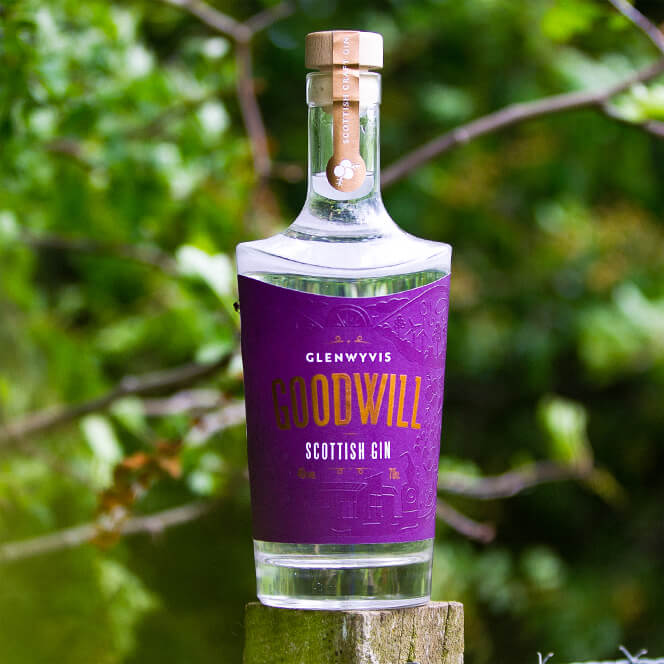
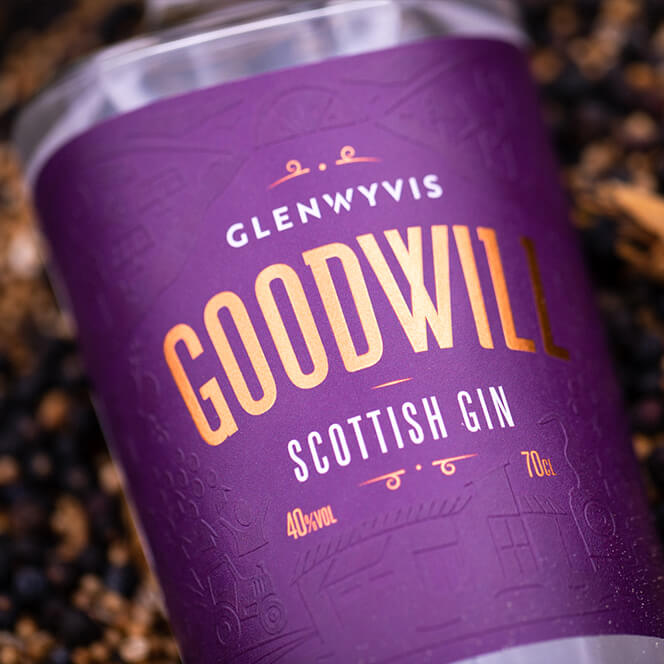










As a concerned citizen, former journalist Ruth Watson has launched the social media campaign #KeepScotlandTheBrand to protect the identity of Scottish produce and products in this time of #Brexit